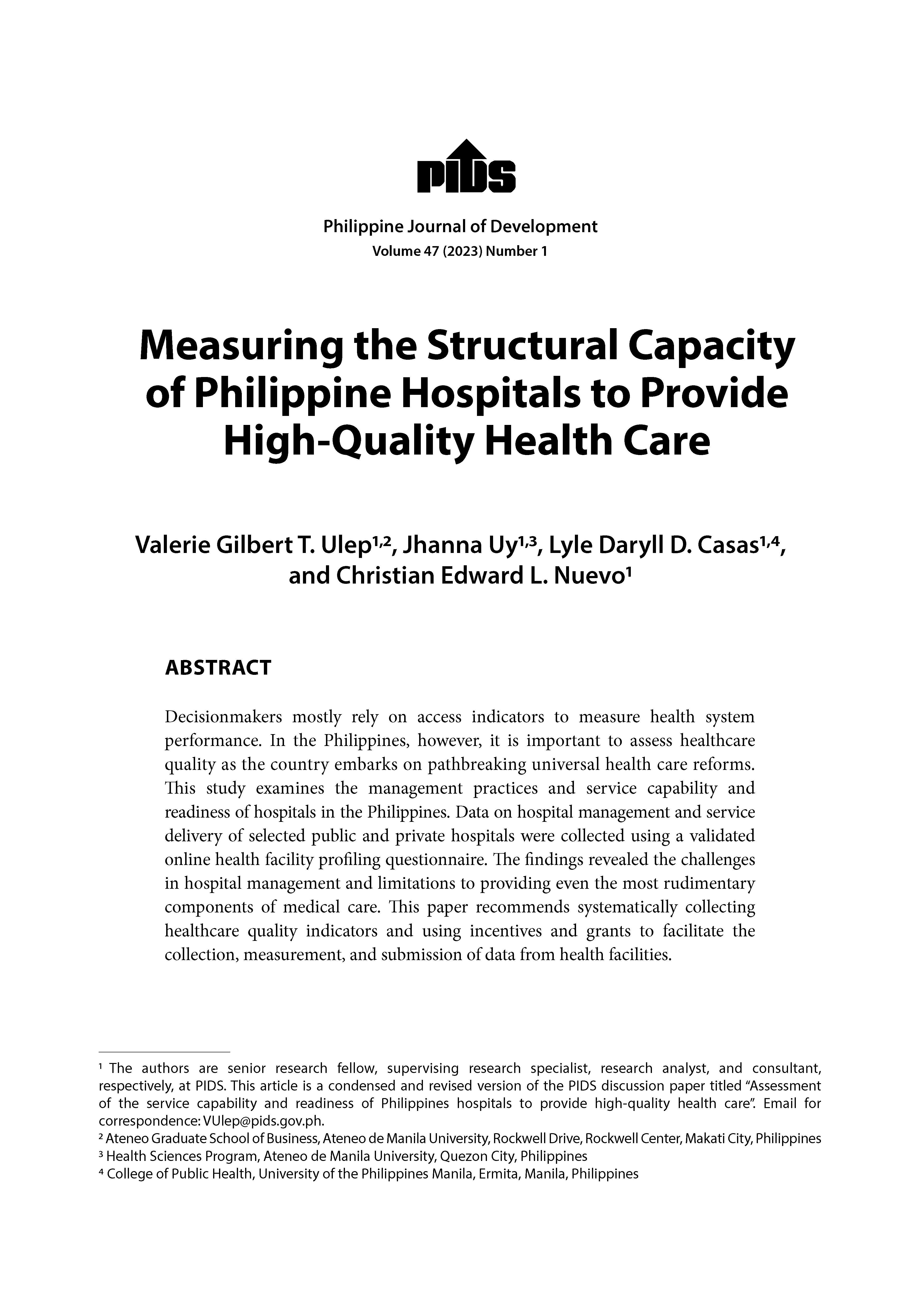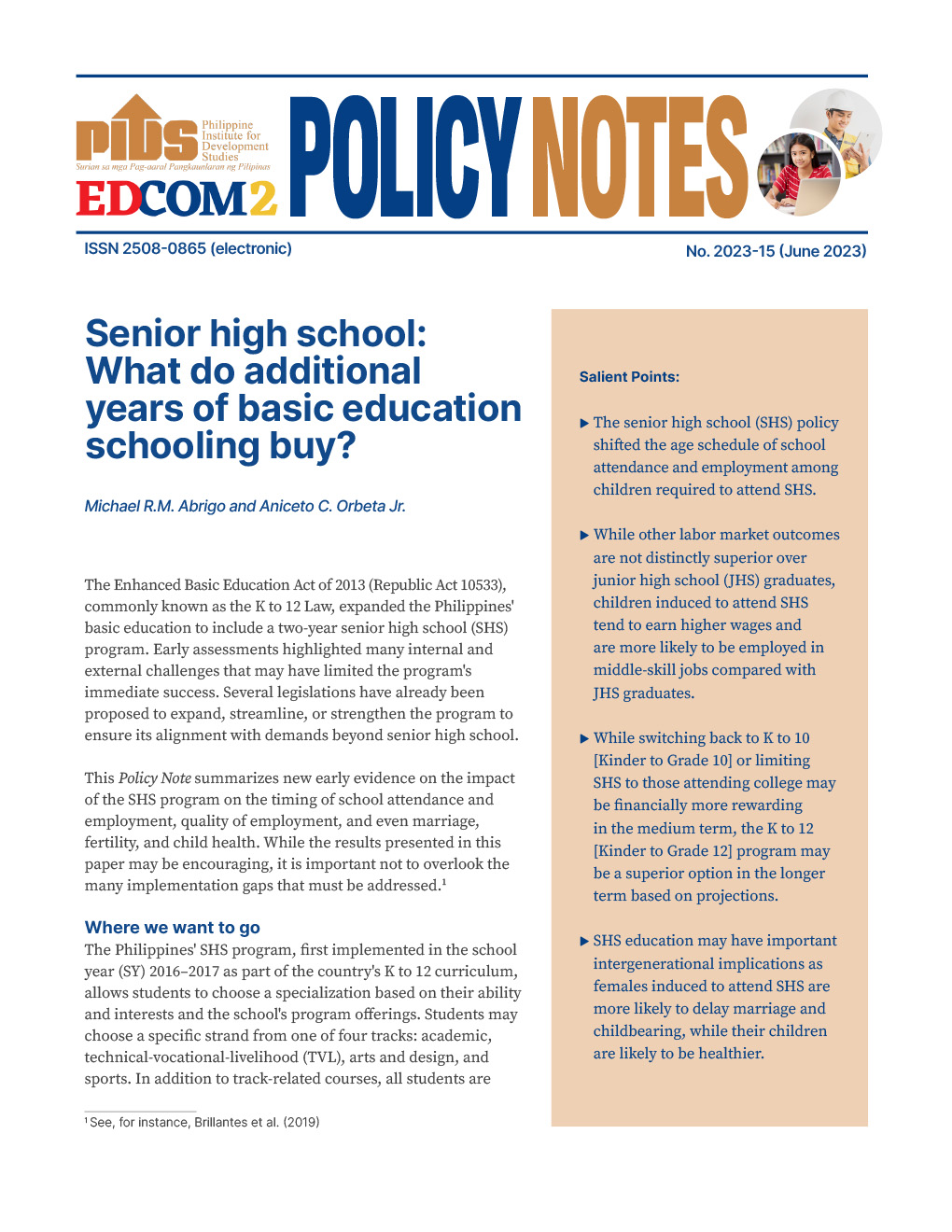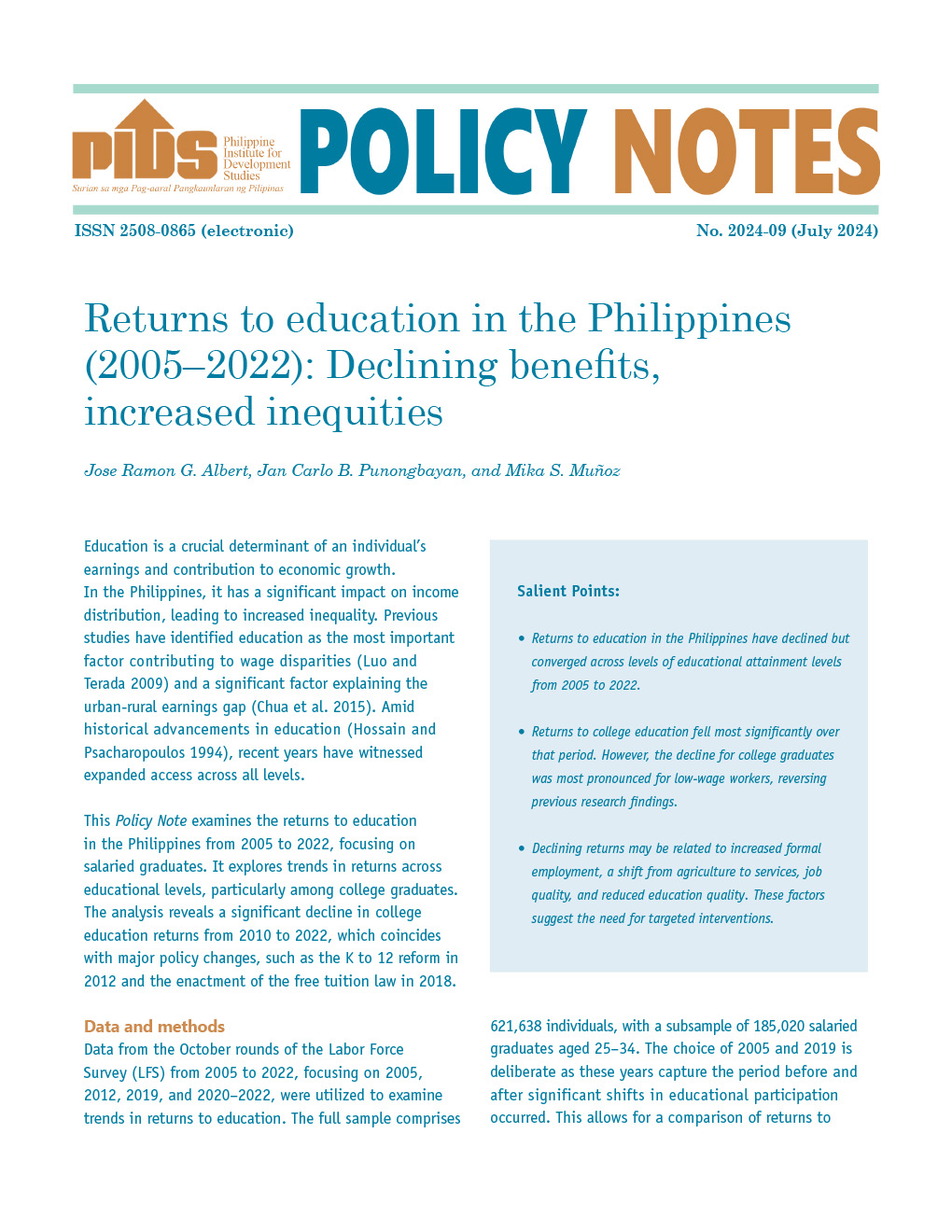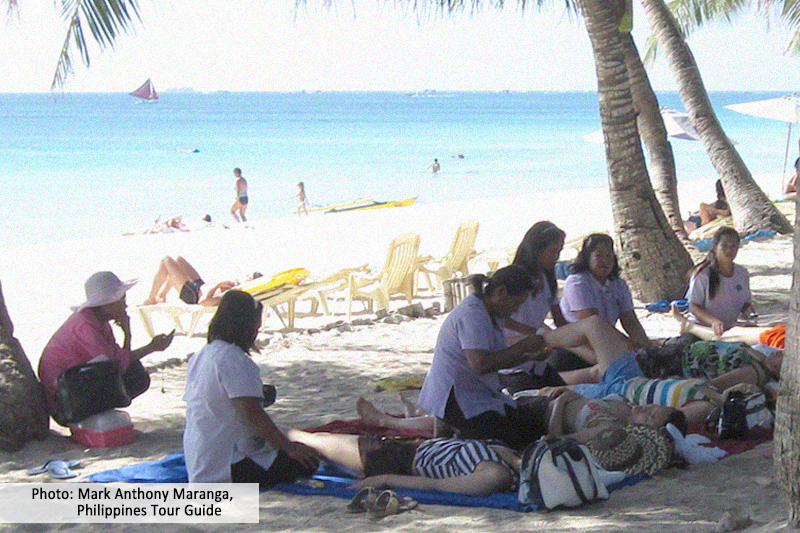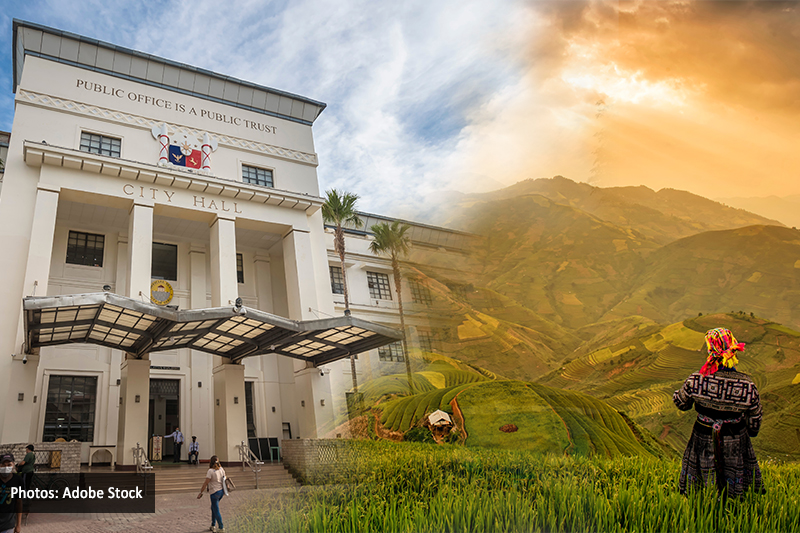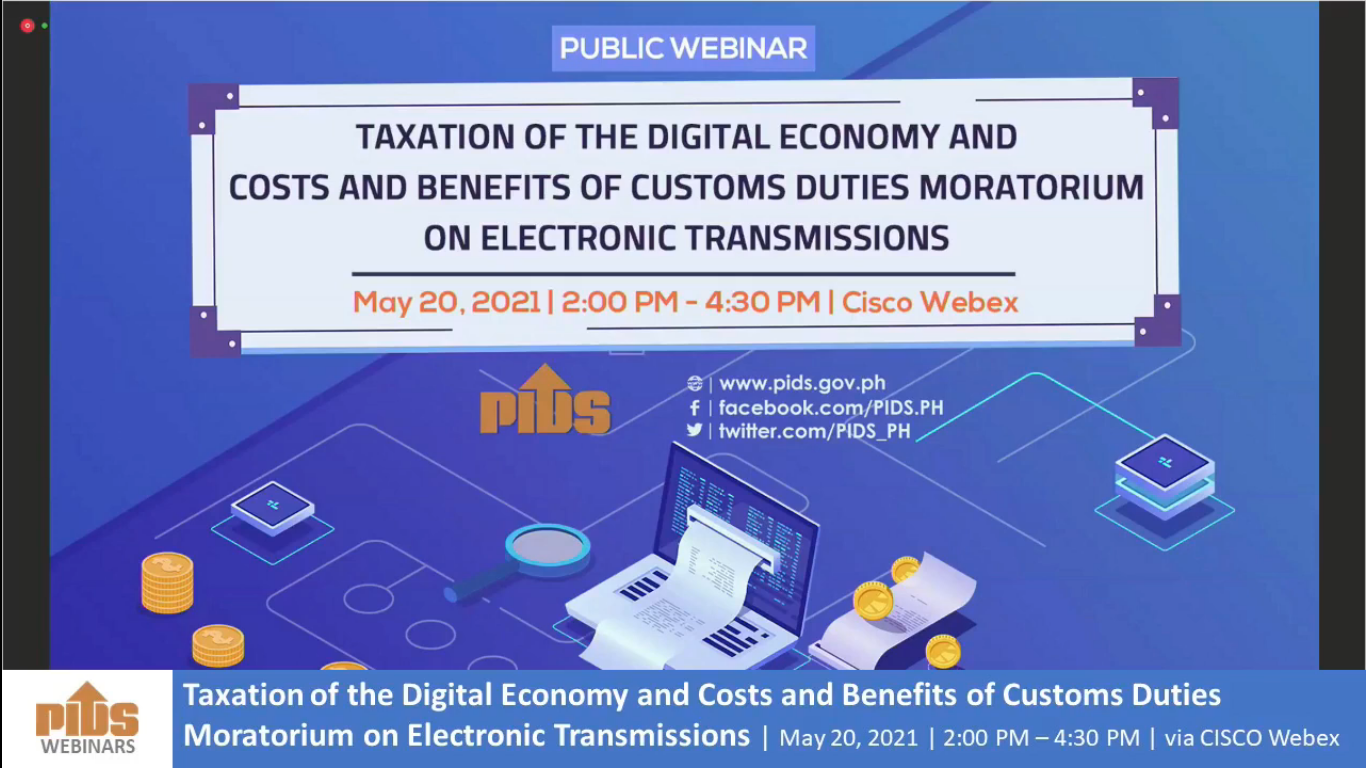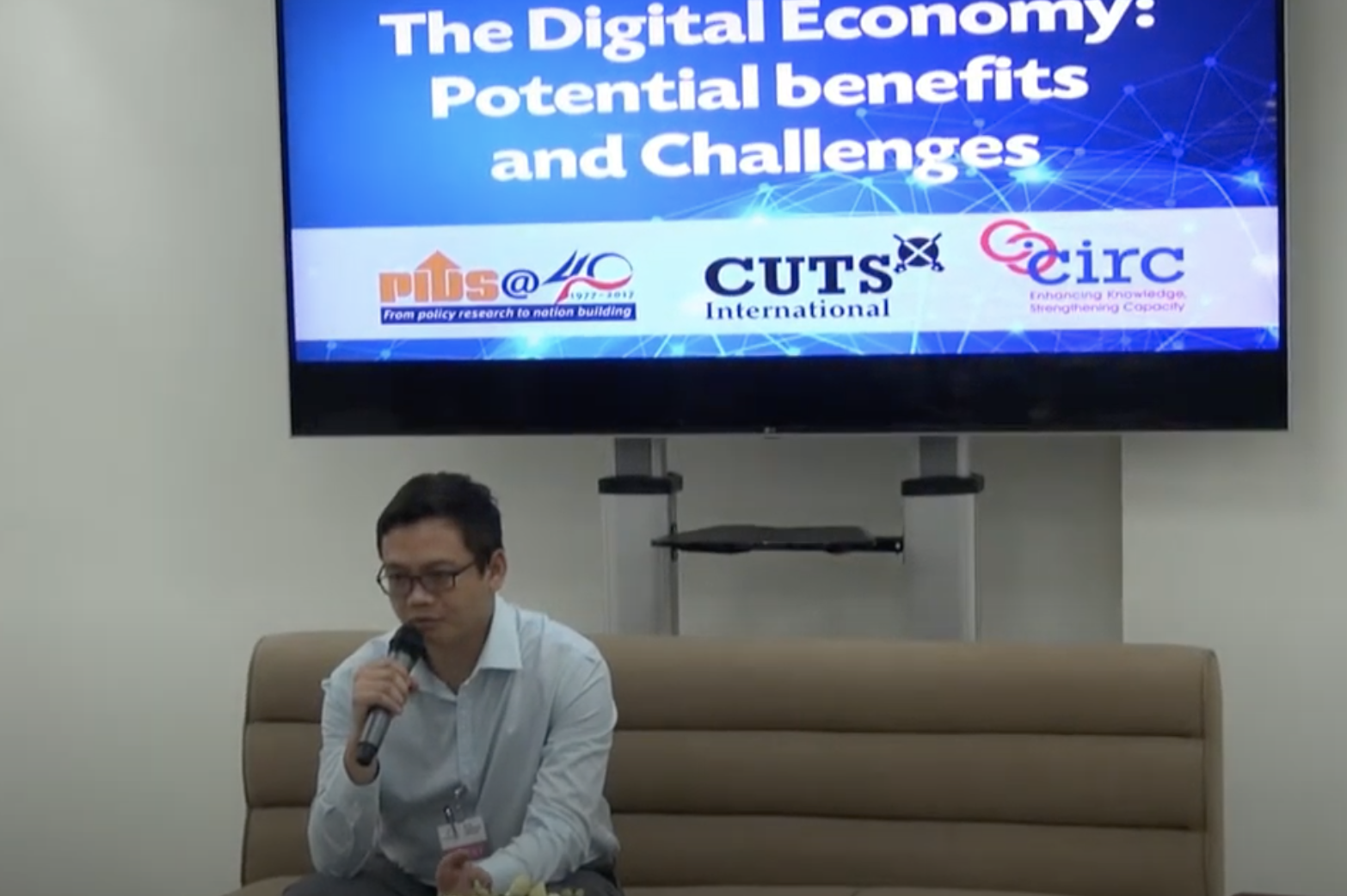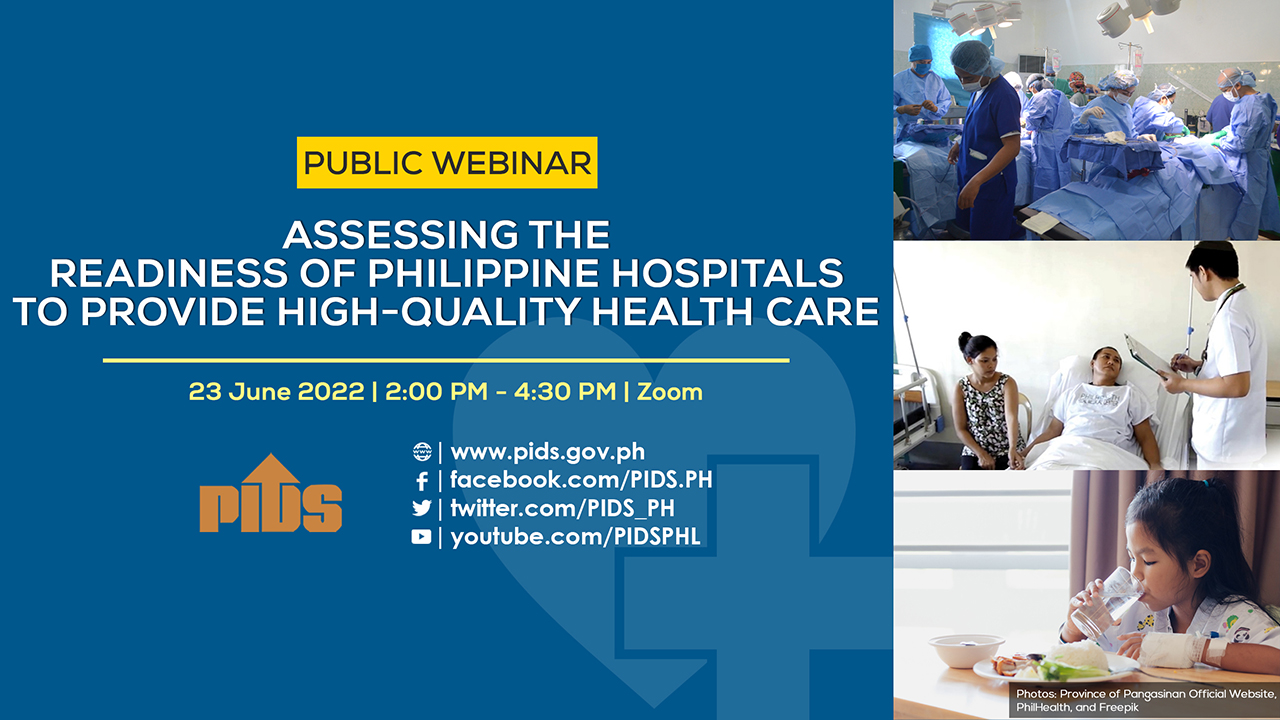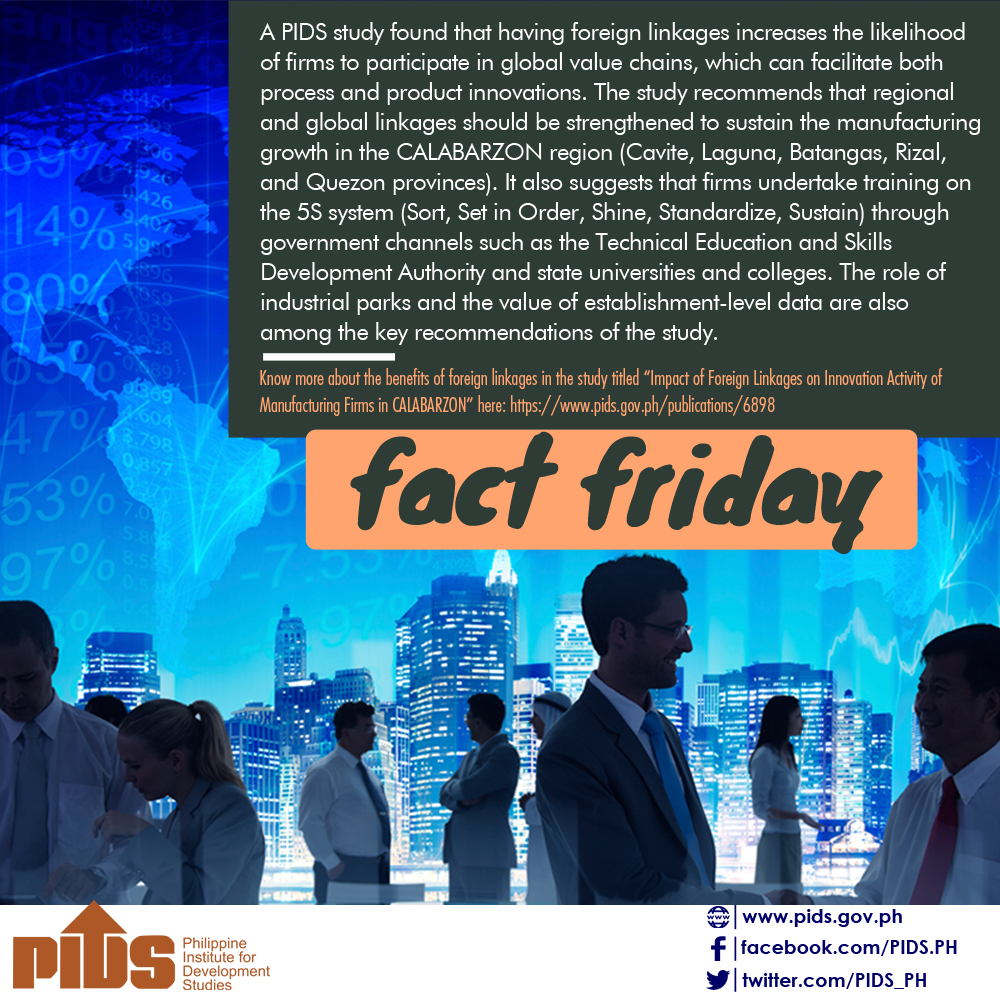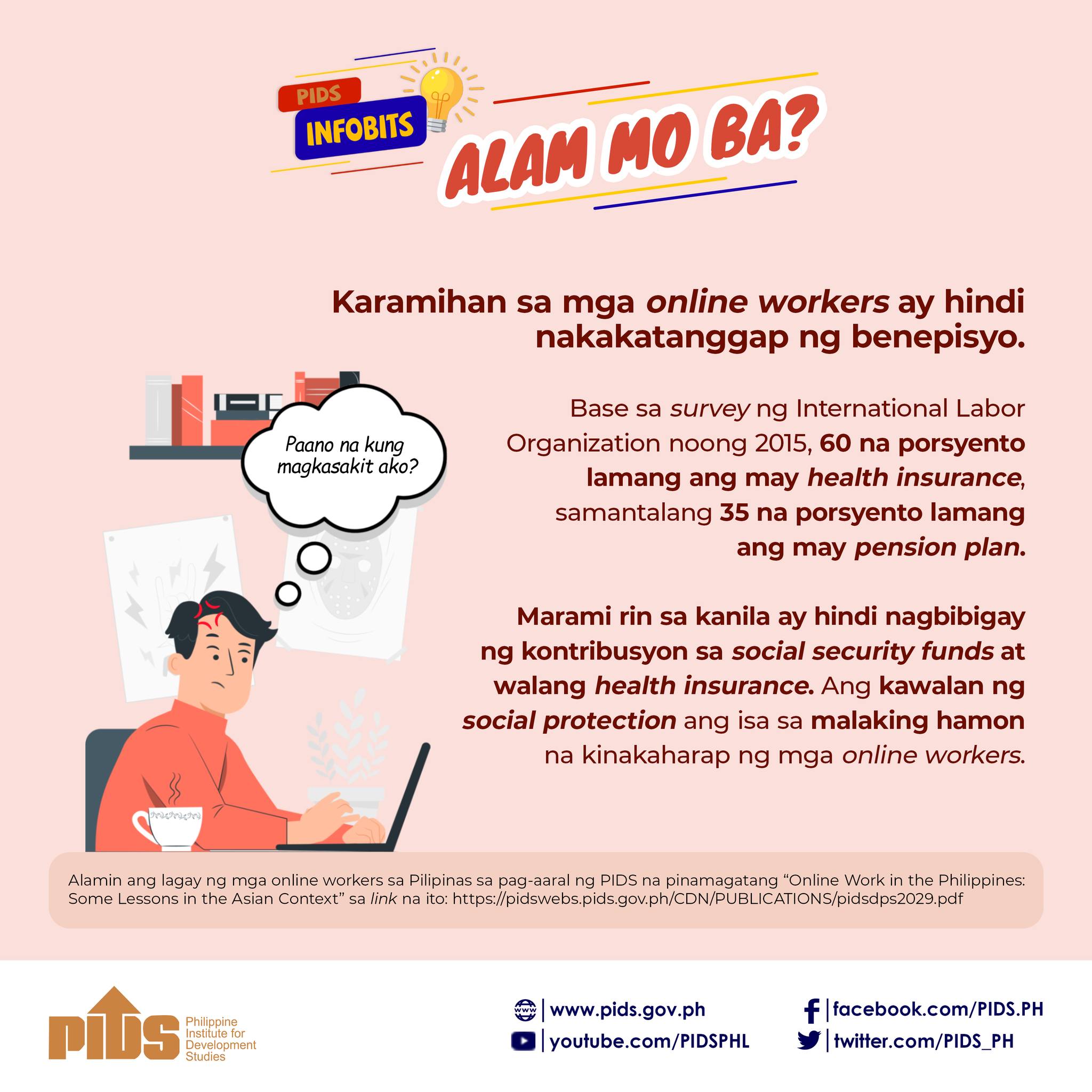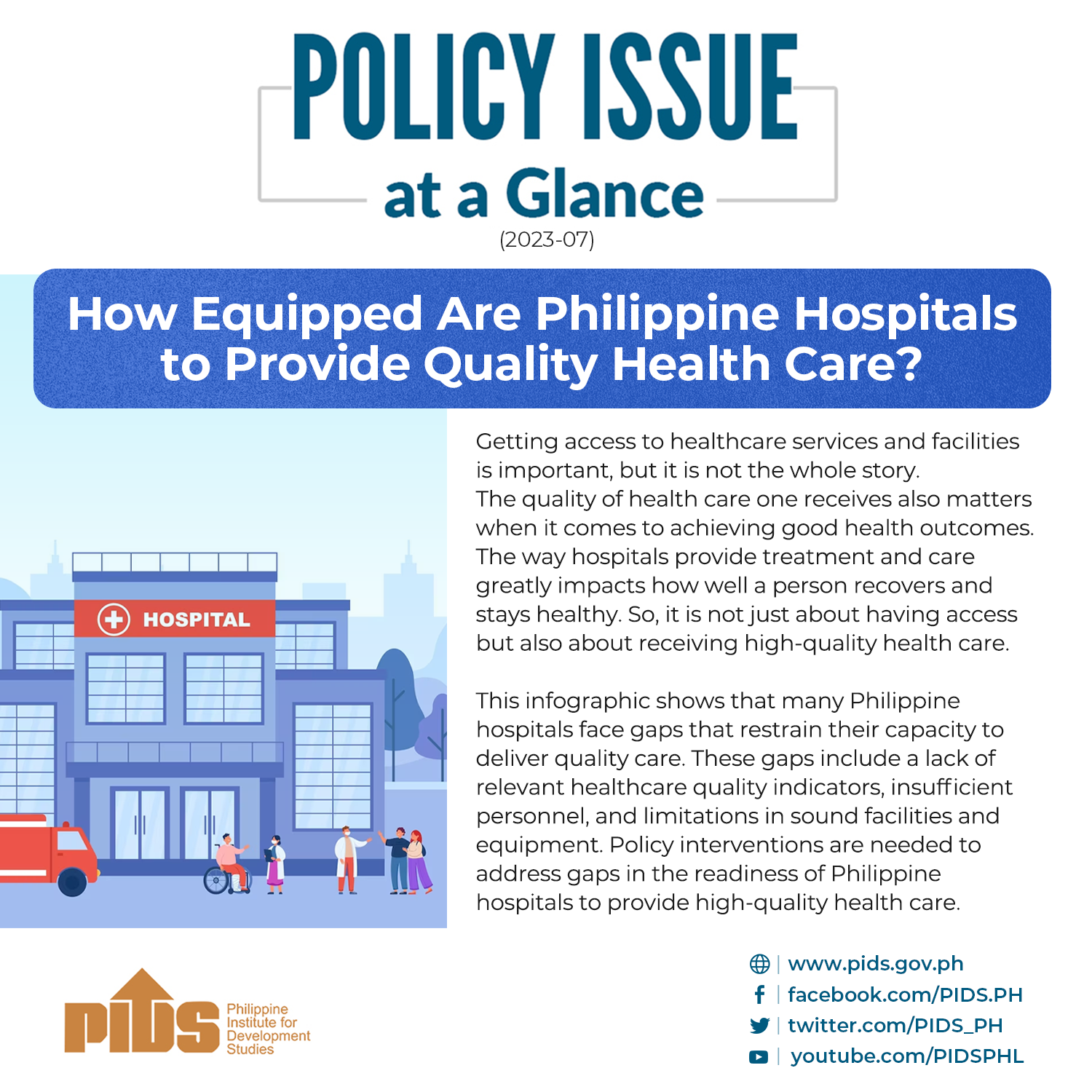Sen. Christopher Lawrence “Bong” Go renewed his call for the passage of a bill that aims to provide additional benefits to some 14 million single parents to help ease the burden of single-handedly raising children.
He noted that COVID-19 resulted in massive losses of income opportunities for many.
Filed by Go in July 2019, Senate Bill No. 206 aims to amend the Solo Parents’ Welfare Act of 2000, as it deems the “benefits and privileges” granted by the existing law as “not sufficient to provide for the needs of the single parents who are both the breadwinner and the caregiver of the family.”
Go’s SB No. 206 and other similar measures filed by his colleagues in the Senate, namely Senate President Vicente Sotto III and Senators Richard Gordon, Risa Hontiveros, Juan Miguel Zubiri, Ramon Revilla, Jr. and Imee Marcos, have been consolidated into SB No. 1411. The corresponding Committee Report No. 69 has already been submitted and the consolidated bill will be tackled again during the period of interpellation when session resumes.
Some of its salient provisions include additional financial assistance for poor and indigent solo parents as may be determined by proper government agencies, provided “that any solo parent, regardless of income bracket or financial status, shall enjoy the benefits under the comprehensive package of social protection services, such as but not limited to, livelihood opportunities, legal advice and assistance, counseling services, parent effectiveness services, critical incidence stress debriefing and other social projects.”
Solo parents will also be given priority by the employer when entering into agreements regarding tele-commuting.
Go said this is very timely under the “New Normal” now that the country slowly re-opens the economy when working from home, as long as it is appropriate, is desired to prevent subsequent waves of the pandemic.
“If they are working for a government agency with more than 300 employees or a private company with more than 200 employees, their employers will be mandated to provide for childcare centers and priority will be given to solo parents,” he said.
The Department of Education, Commission on Higher Education and Technical Education and Skills Development Authority will also extend additional scholarships and trainings to them.
Solo parents could avail themselves of other privileges, such as 20 percent discount for infant formula, food and food supplements for children ages 0-3 years old; medicine, vaccine and other medical supplements for children ages 0-2 years old; children’s basic necessities; tuition from kindergarten to college; hospital bills; consultation, laboratory fees, diagnostic fees and recreational facilities (if the solo parent and child are together).
Wanting the Bill to benefit as many deserving people as possible, Go also expanded the definition of solo parent in SB 206. Under the current law, parents who are covered are only those who have been left solo due to separation from the spouse or abandonment of the spouse for at least one year. The required time has also been reduced to six months under Go’s proposed measure.
Moreover, the inclusion of duly recognized foster parents as solo parents is another amendment introduced in the proposed measure.
“I am pushing for these amendments to the existing law to cater to as many solo parents as possible, to help them build a stronger family despite their situation and to support them as productive members of society,” Go said.
The World Health Organization-funded study by the Department of Health and the University of the Philippines-National Institute of Health showed there are about 14 to 15 million solo parents in the country, 95 percent of which are women.
A separate study conducted by state think tank Philippine Institute for Development Studies also revealed that eight in every 20 women are in “vulnerable employment”.
President Rodrigo Duterte earlier called for the passage of the measure during his State of the Nation Address in July 2019.
He noted that COVID-19 resulted in massive losses of income opportunities for many.
Filed by Go in July 2019, Senate Bill No. 206 aims to amend the Solo Parents’ Welfare Act of 2000, as it deems the “benefits and privileges” granted by the existing law as “not sufficient to provide for the needs of the single parents who are both the breadwinner and the caregiver of the family.”
Go’s SB No. 206 and other similar measures filed by his colleagues in the Senate, namely Senate President Vicente Sotto III and Senators Richard Gordon, Risa Hontiveros, Juan Miguel Zubiri, Ramon Revilla, Jr. and Imee Marcos, have been consolidated into SB No. 1411. The corresponding Committee Report No. 69 has already been submitted and the consolidated bill will be tackled again during the period of interpellation when session resumes.
Some of its salient provisions include additional financial assistance for poor and indigent solo parents as may be determined by proper government agencies, provided “that any solo parent, regardless of income bracket or financial status, shall enjoy the benefits under the comprehensive package of social protection services, such as but not limited to, livelihood opportunities, legal advice and assistance, counseling services, parent effectiveness services, critical incidence stress debriefing and other social projects.”
Solo parents will also be given priority by the employer when entering into agreements regarding tele-commuting.
Go said this is very timely under the “New Normal” now that the country slowly re-opens the economy when working from home, as long as it is appropriate, is desired to prevent subsequent waves of the pandemic.
“If they are working for a government agency with more than 300 employees or a private company with more than 200 employees, their employers will be mandated to provide for childcare centers and priority will be given to solo parents,” he said.
The Department of Education, Commission on Higher Education and Technical Education and Skills Development Authority will also extend additional scholarships and trainings to them.
Solo parents could avail themselves of other privileges, such as 20 percent discount for infant formula, food and food supplements for children ages 0-3 years old; medicine, vaccine and other medical supplements for children ages 0-2 years old; children’s basic necessities; tuition from kindergarten to college; hospital bills; consultation, laboratory fees, diagnostic fees and recreational facilities (if the solo parent and child are together).
Wanting the Bill to benefit as many deserving people as possible, Go also expanded the definition of solo parent in SB 206. Under the current law, parents who are covered are only those who have been left solo due to separation from the spouse or abandonment of the spouse for at least one year. The required time has also been reduced to six months under Go’s proposed measure.
Moreover, the inclusion of duly recognized foster parents as solo parents is another amendment introduced in the proposed measure.
“I am pushing for these amendments to the existing law to cater to as many solo parents as possible, to help them build a stronger family despite their situation and to support them as productive members of society,” Go said.
The World Health Organization-funded study by the Department of Health and the University of the Philippines-National Institute of Health showed there are about 14 to 15 million solo parents in the country, 95 percent of which are women.
A separate study conducted by state think tank Philippine Institute for Development Studies also revealed that eight in every 20 women are in “vulnerable employment”.
President Rodrigo Duterte earlier called for the passage of the measure during his State of the Nation Address in July 2019.

